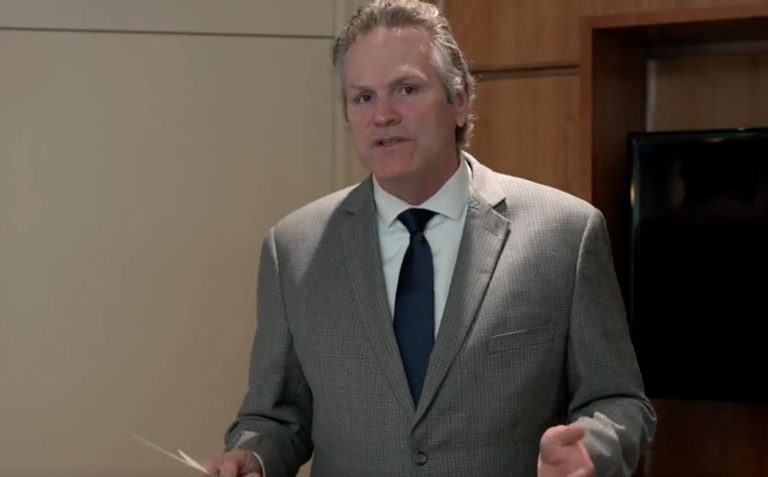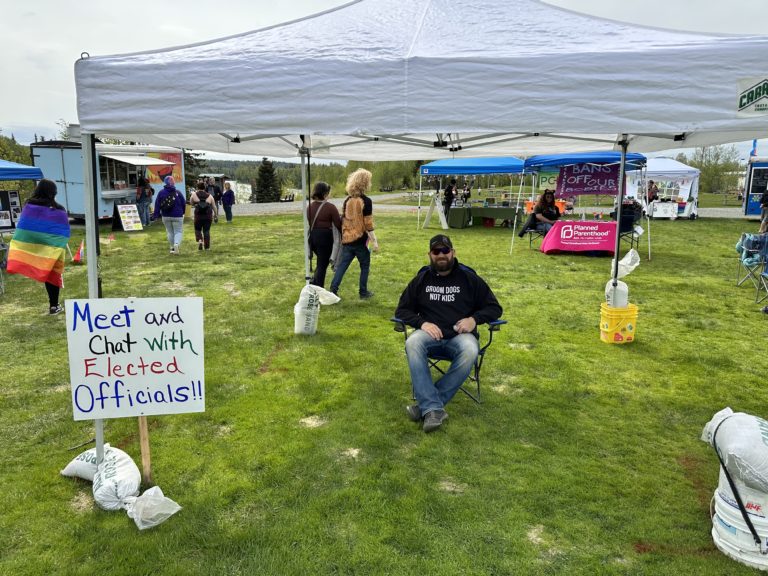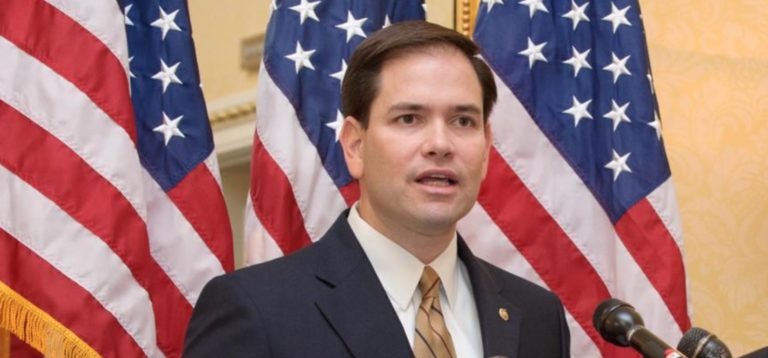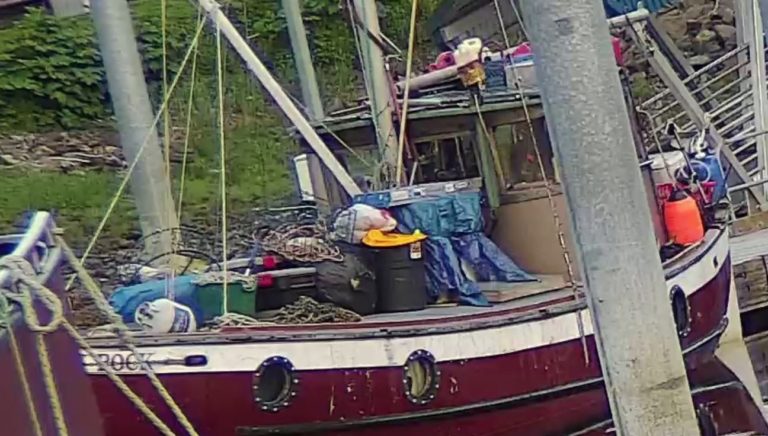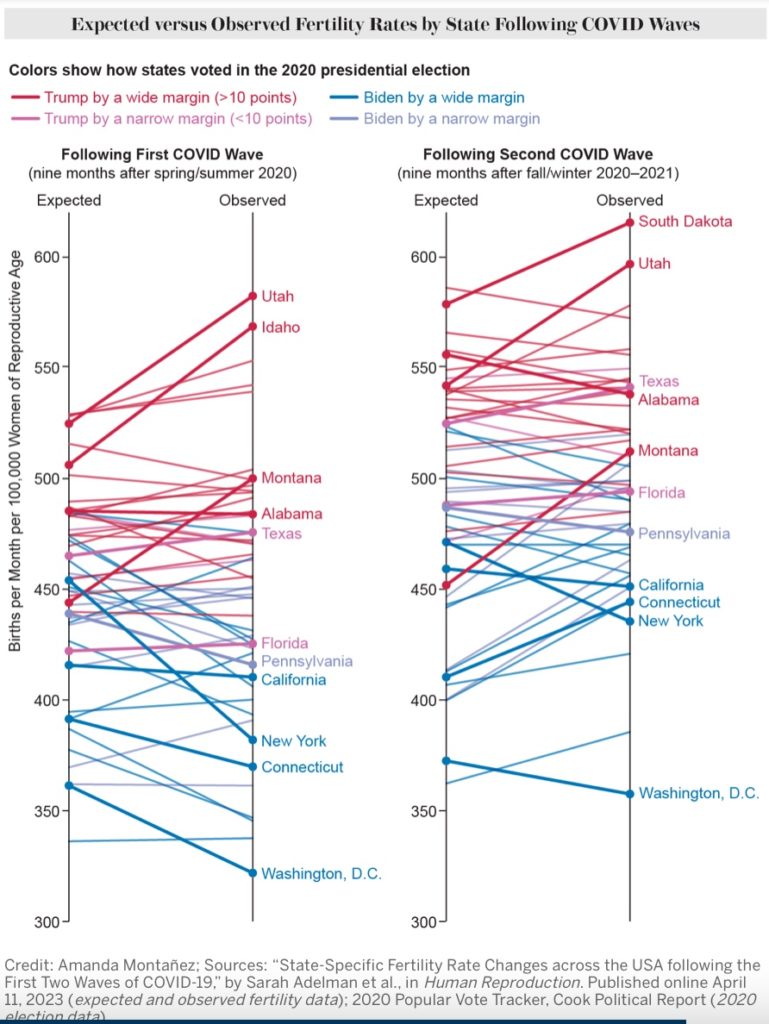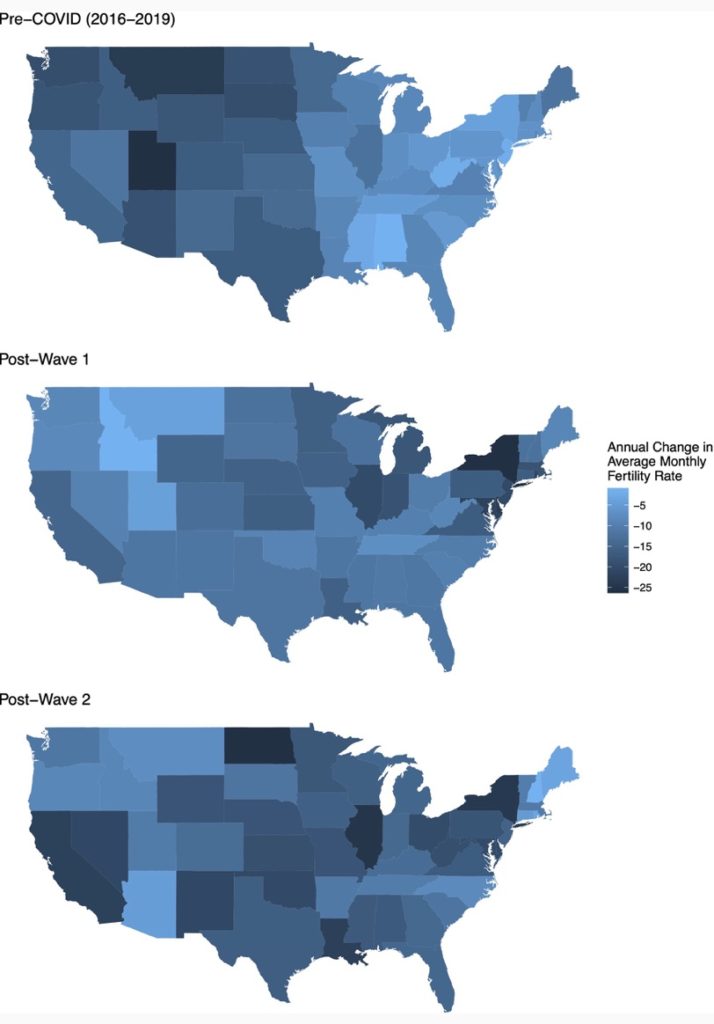Gov. Mike Dunleavy is one of the highlighted speakers at a major private equity investment conference in Berlin, Germany. The details of the trip have been kept under wraps.
Among the other notable speakers — and there are many — are David Rubenstein, the co-founder of the Carlyle Group, and Ellie Rubenstein, his daughter, who was appointed by Dunleavy to the Alaska Permanent Fund Board of Trustees. Ellie Rubenstein is shown on the agenda in her capacity as a founder of an investment group called Manna Trees.
The conference is a mega-gathering of private equity investors and others. Kim Kardashian is one of the speakers a what is promoted as “the leading gathering in private capital.
“It’s the most senior. The most global. And with the most LPs. 4,000+ decision-makers. 1,300+ LPs. 2,000+ GPs. From 70+ countries,” the agenda says.
Interestingly, while many speakers are from Carlyle and Blackrock, Dunleavy is the only state governor listed as a speaker and is the only elected leader on the speaker list. There are no Chinese or Saudis listed on the agenda. All of the speakers are from Western entities.
Key topics include impact/ESG (environmental, social, governance social scoring), growth, DEI (diversity, equity, inclusion social scoring), tech, returns, value, innovation and much more. See agenda highlights here.
“Nowhere else will you will hear from so many CEOs of leading private capital firms. Leading speakers for 2023 will include: KKR, Carlyle, Investcorp, Blackstone, General Atlantic, Bain Capital, EQT, Silver Lake, Vista, Ares Management, Blackrock and many more,” the website declares.
View the conference details at this link.
David Rubenstein made his first millions of dollars in Alaska in the 1980s by exploiting a tax loophole that allowed him to make huge deals on net operating losses with Alaska Native Corporations.
The Rubenstein family has been expanding their influence in the 49th state ever since. In 2014, Rubenstein’s then-wife [Alice Rogoff] helped elect a governor in Alaska who in turn opened up the state’s $80 billion Permanent Fund, a fraction of which is managed by the Carlyle Group, to special interests. Rubenstein’s daughter was appointed to the board of that fund last month,” wrote the New York Post in 2022.
Rubenstein’s wife (now ex-wife) purchased the Anchorage Daily News, and then ran it into the ground financially, but also engaged in king-making politics, as she helped get Gov. Bill Walker elected in 2014. By 2017, the newspaper was sold during bankruptcy proceedings.
Dunleavy has much to talk about regarding Alaska — carbon credits and a possible natural gas line.
